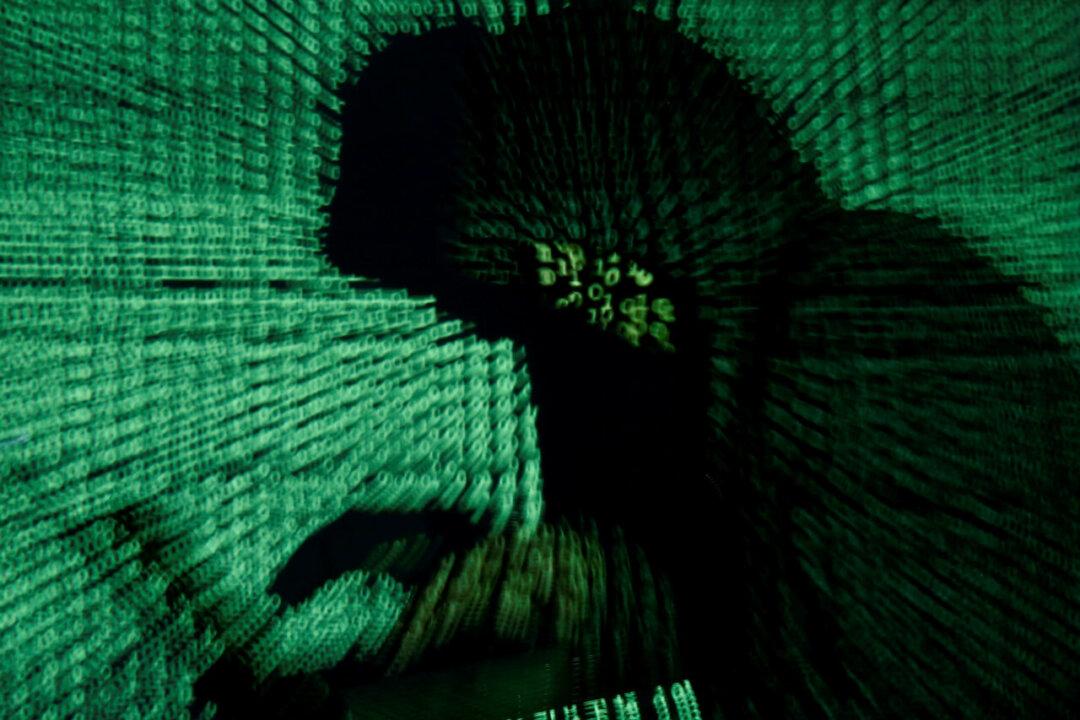The head of Australia’s cyber technological intelligence agency, the Australian Signals Directorate (ASD) has spoken publicly about the duties of the bureau to assuage concerns over privacy.
Rachel Noble—who is the first woman to head ASD—outlined during an address to the Australian National University in Canberra on Sep. 1, that ASD like the more well know American National Security Agency was a “foreign intelligence agency” specialising in gathering and intercepting overseas communications, including radio, cyber, and electronic communications.





